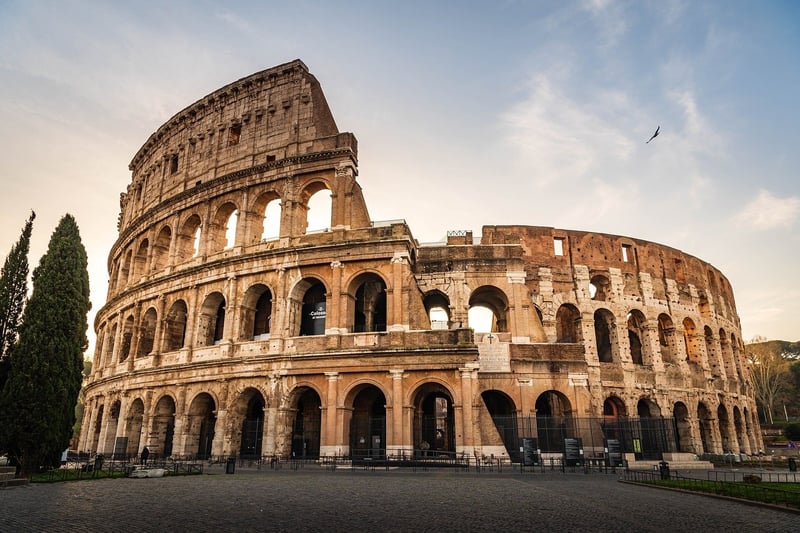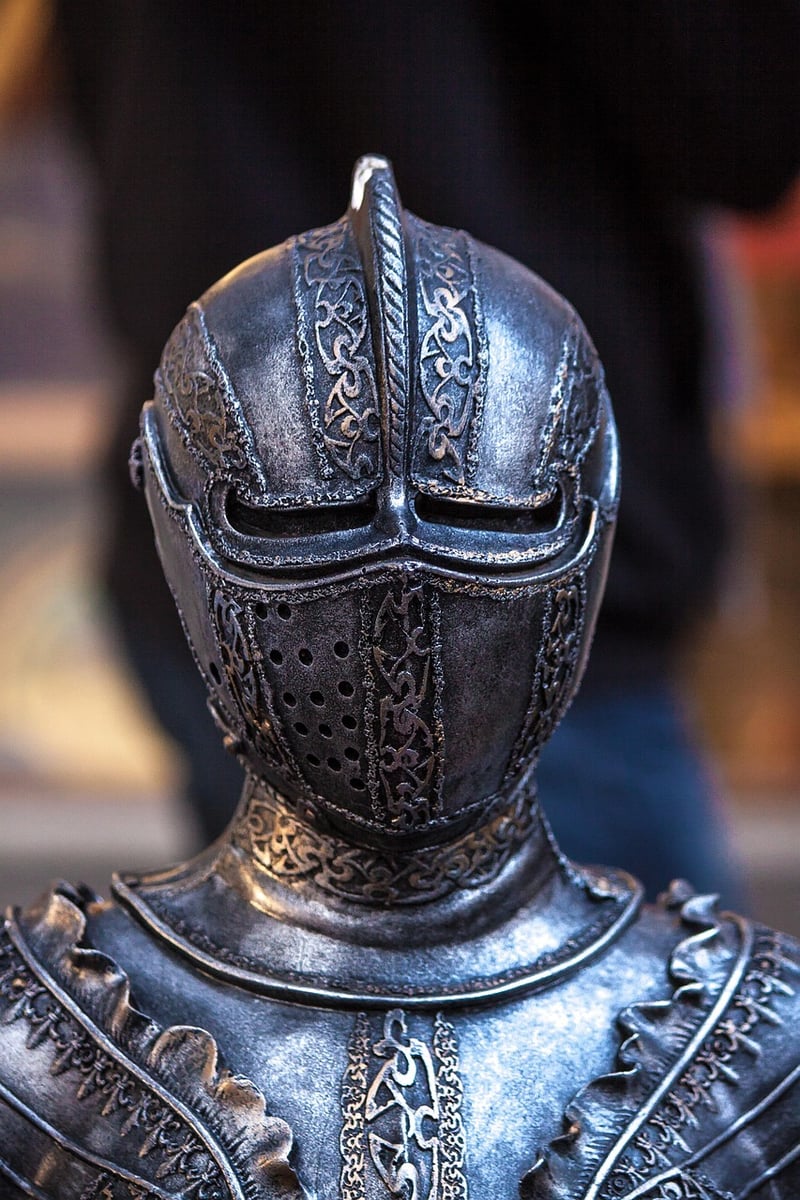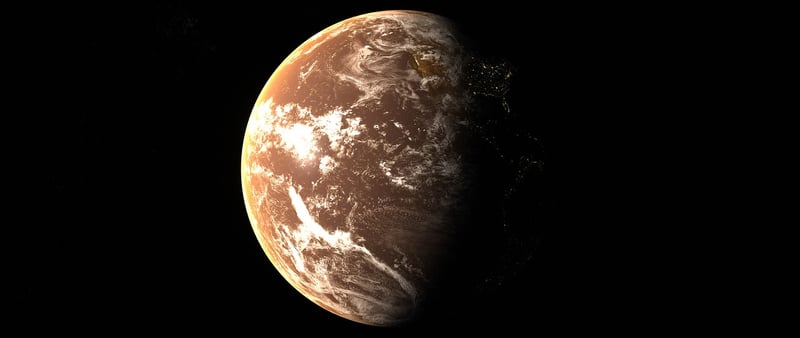Future Worlds
Exploring Historical Periods and Future Worlds
Introduction
History is a vast tapestry woven with the threads of time, each period unique in its culture, events, and innovations. In this article, we will embark on a journey through various historical eras and peek into the possibilities of future worlds.
Ancient Civilizations
Ancient civilizations such as the majestic Egyptians, innovative Greeks, and powerful Romans laid the foundation for modern society. Their architectural marvels, philosophical insights, and governance systems continue to inspire us today.

Medieval Times
The Middle Ages were a turbulent yet fascinating period marked by knights, castles, and feudalism. The era saw the rise of chivalry, the spread of Christianity, and the flourishing of art and literature.

Age of Exploration
The Age of Exploration opened new horizons as intrepid explorers like Christopher Columbus and Vasco da Gama navigated the seas to discover new lands. This era led to the exchange of cultures, goods, and ideas across continents.

Industrial Revolution
The Industrial Revolution transformed societies with the advent of machinery, factories, and urbanization. Innovations like the steam engine and telegraph revolutionized communication and transportation, shaping the modern world.

Future Worlds
Looking ahead, the future holds infinite possibilities with advancements in technology, space exploration, and sustainability. Imagining future worlds with AI, space colonies, and renewable energy sources sparks curiosity and innovation.

Conclusion
Exploring historical periods allows us to appreciate the past and learn from it, while envisioning future worlds fuels our imagination and drives progress. Embrace the richness of history and the excitement of what lies ahead as we continue to evolve and shape the world around us.
